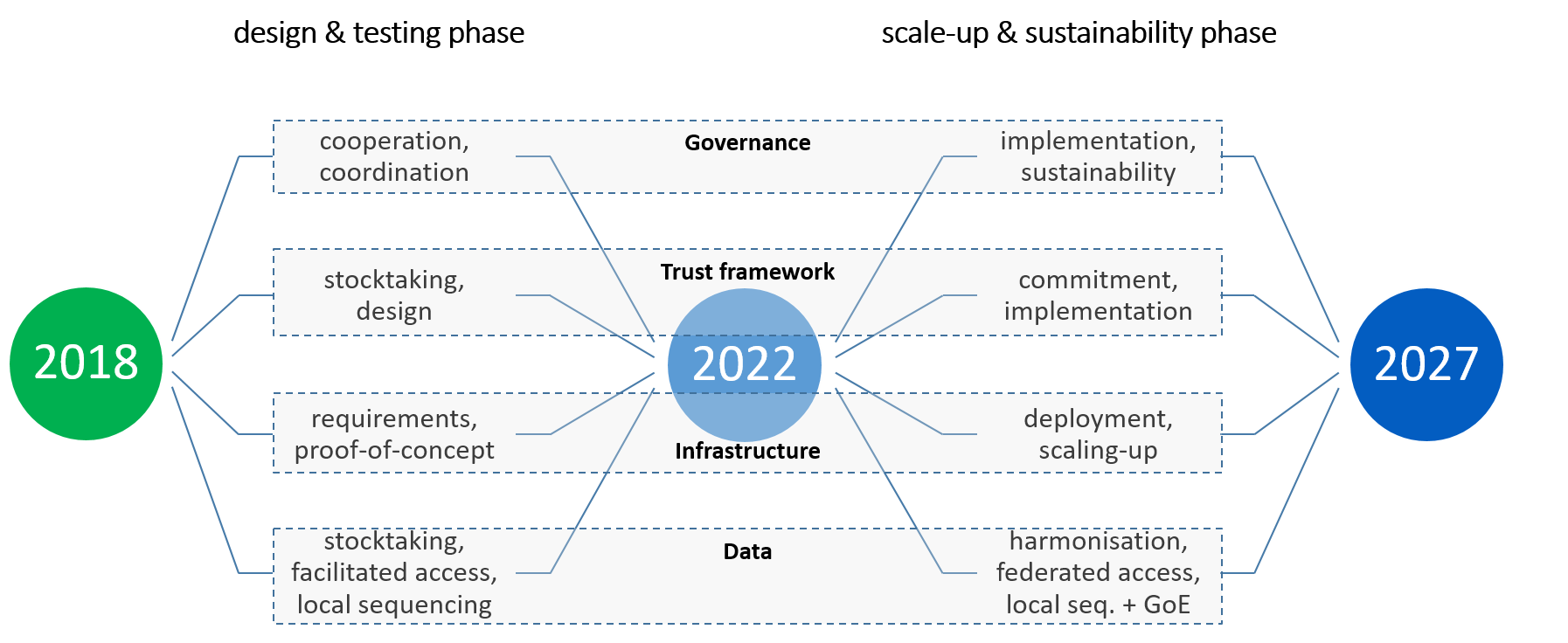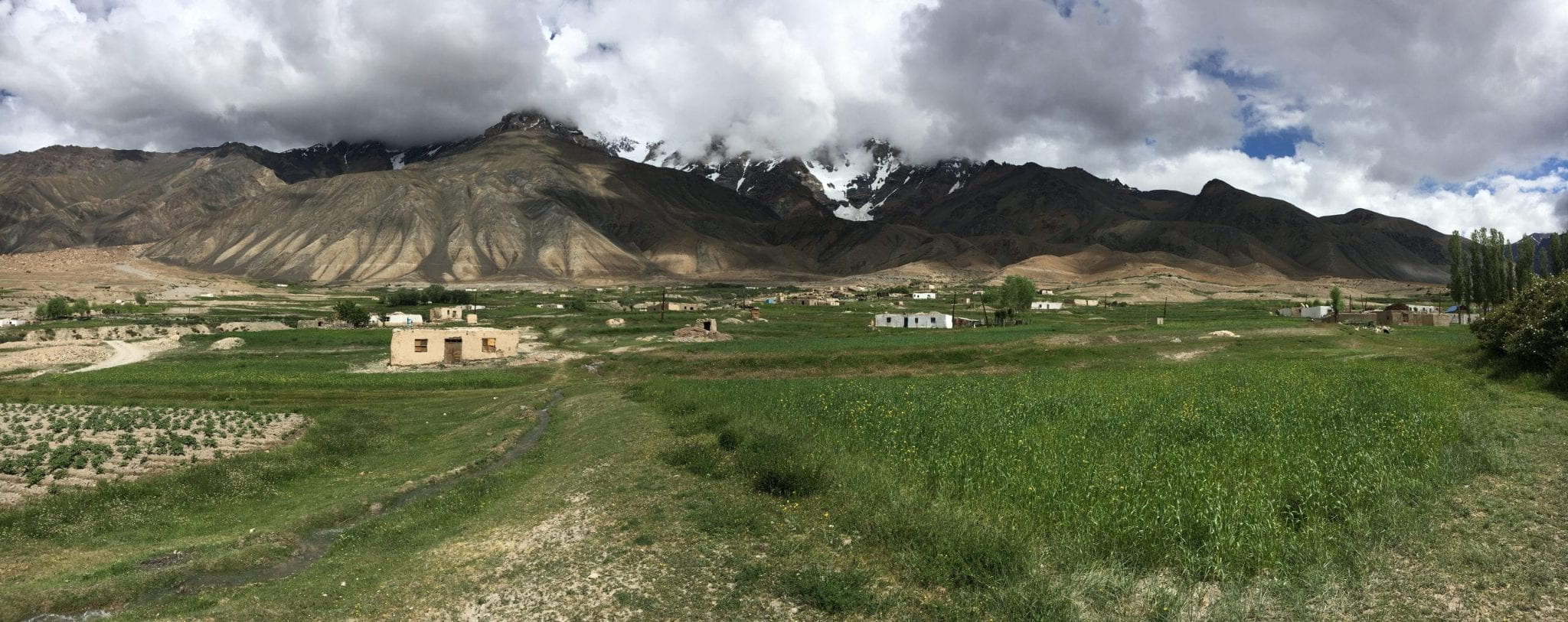To offer options that combine tourism and business, Several countries offer attractive ideas for freelancers who have chosen to move between countries and perform their jobs remotely. From accommodation and mobility offers and not ending with the establishment of cities dedicated entirely to foreign residents.
The contemporary world offers many options for anyone who has not yet made their final decision on the career they will take. These options vary according to the needs of life, their capabilities, skills and ambitions, And even his temperament and personal temperament.
Among these options, The concept of mobile work emerges, It is a term that emerged at the turn of the century to refer to a group of people called "digital nomads." They roam the world carrying their personal computers, Through it, they accomplish their job tasks without having to go to permanence in the traditional sense.
Of course This concept has expanded to include all freelancers who have taken the option of remote work. Then came the year 2020 with the COVID-19 pandemic, imposing a new lifestyle and a different social design and forcing millions to work remotely. Many have been drawn into this technologically feasible option, and many companies have responded by adopting flexible business models.
But the world is full of complexities that may prevent many from living their fantasies about the experience of traveling from one country to another and getting their work done from anywhere. The first obstacle is legal frameworks that may not allow an employee to carry out his work from another State. Many countries also question the true purpose of these trips. It sees it as attempts to immigrate illegally or evade the payment of income taxes.
Therefore, The concept of a backpacker visa offered by 46 countries has spread around the world to attract foreign mobile workers. Statistics indicate that over the past five years, search engines have recorded a 2,400% increase in searches for this phenomenon.
In Brazil, The government grants temporary visas to immigrants working for foreign entities, They are issued residence permits for one year, which can be extended. Brazil was the first South American country to establish an entire village for mobile workers in a project to bring together partners from the public and private sectors, most notably the local tourism board.
The village offers many facilities and tries to provide a favorable working environment for foreign workers, Therefore, it was chosen as one of the attractive locations on the northeast coast of the country because it is suitable for embracing the real experience on which the government will base its decision on establishing similar future projects.
In turn, Italy grants a one-year visa, It supports it with more than a billion dollars in infrastructure and high-speed internet in small rural areas that are particularly attractive to mobile workers.
But the most notable European experience was Portugal, which saw the opening of the first mobile village in 2021 on the volcanic island of Madeira, whose regional government funded the project. To attract mobile workers or "digital nomads" and encourage them to settle in, The village offers them many privileges such as free co-working spaces, meditation sessions, group walking activities and weekly water sports. The project management also coordinates its efforts with local companies, property owners, hotels and car rental agencies. To provide various types of services to visitors, who numbered about 4,700 foreigners in less than two years, They stayed for varying periods to enjoy the warm weather and surrounding environment.
In Indonesia, The government is working to perpetuate the concept of digital nomadism as a type of tourism because it sees these workers as important expatriates who may benefit its local economy. Especially those with great purchasing power, A large proportion of them may want to experience the unique nature of Indonesian islands. Therefore, The government is currently designing a law to issue mobile worker visas that will take effect for 5 years. This outperforms all options available globally.
And in the virtual world as well, The global talent market is expanding and remote workplaces are scattered, providing channels of communication between employers and opportunity seekers, whatever their specialty.
Within the communities themselves, This category receives special attention, Companies offer a lot of products, services, shared housing options and more.
today Most mobile workers pay their taxes in their home countries, lest they be deprived of benefits such as health care, insurance, etc. But the people of the host communities raise many concerns, most notably a phenomenon called "occlusion". It is derived from the word "class", It occurs in urban areas when rents for housing units increase as a result of development projects, The highest-income individuals tend to live in middle-class housing, According to social scientists, this may gradually change the identity of a neighborhood or area.
As one of the most sought-after destinations for digital travellers, Indonesia Some Indonesians have expressed concern that opening doors to people from anywhere and over-facilitating them without checking their background may establish fertile ground for socially and even morally unacceptable behaviors. The increase in the number of visitors also burdens the health, traffic, services and other systems. It represents a burden on natural and economic resources.
Approaches to these challenges emanate from governments themselves, They should develop comprehensive, rational and effective plans that examine infrastructure potential, technological capabilities and the regulatory environment. Only then, Local legislation will integrate with economic facilities to provide a smoother experience for digital backpackers, The new visas will be a reliable framework for both workers and their employers.
This type of travel benefits both countries, The visitor will contribute to the economy of his home country by paying taxes and supporting his family on the one hand, It will increase the welfare of the host community while developing its economy.
References:
https://sifted.eu/articles/digital-nomad-village-madeira/
https://www.timeout.com/news/brazil-is-building-a-beachside-village-for-digital-nomads-082322






